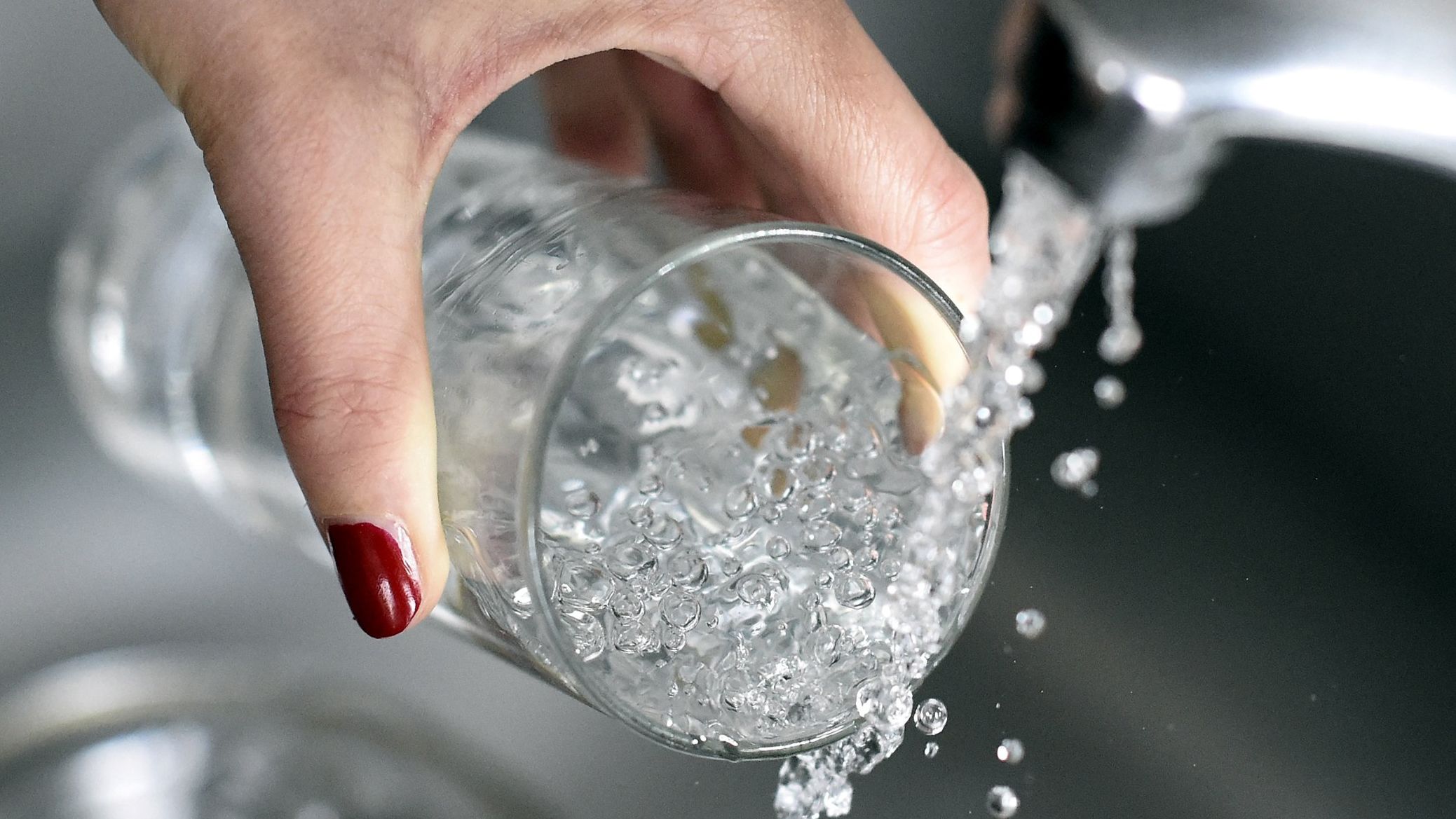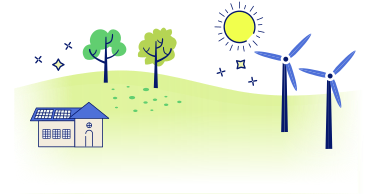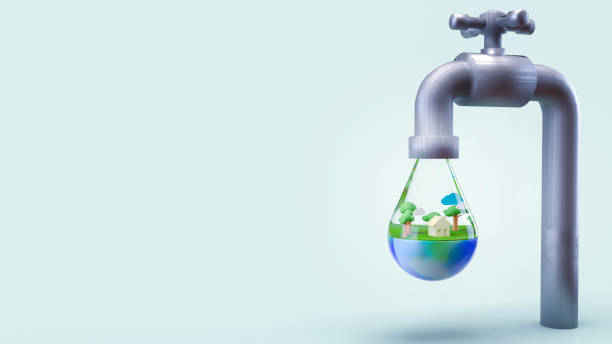This article is your guide to learning how to conserve water. There are simple things like fixing leaks, taking shorter showers, and using a dishwasher to save water and save you some money in the process. In this article, we will define water conservation and discuss how we can conserve water and why it is so important in 2024.
So, if you want to learn more about how to save on your next water bill, keep reading!
Here at The Energy Professor, we want to give you the information you need to not only save money on your energy bill but also to become more energy efficient. We hope you find this post helpful! It makes it easier for you to know more about how to conserve water. Be sure to also check out our one-of-a-kind energy savings calculator!
The Energy Professor Electricity Rate Check Tool
What is Water Conservation?

The definition of water conservation is simple. It is the act of using less or intentionally reducing your water usage in your daily life. Every time you choose to save a minute in the shower, you are practicing water conservation which is becoming a normalized practice in our changing climate.
Why is Saving Water Important?
As water resources become scarce due to drought, overuse, and climate change, water conservation becomes crucial. Taking small steps to ensure there is enough water for everyone is necessary. Water conservation is critical for agriculture, energy production, and industrial processes. As demand for these activities continues to increase, so does the need for the conservation of water.
Water is also getting expensive! To put it bluntly, water bills are rising over the years and they aren’t going to get cheaper, so saving money and conserving water go hand in hand.
Related Post: Why is it Important to Conserve Energy?
Top 10 Ways on How to Conserve Water in 2024

Now that we know how important it is to save water, you may be wondering “How can I conserve water?” There are many ways to preserve water and reduce your water usage at home. Some of these tips we can implement into our everyday lives which would contribute to a water conservation system that can ultimately help the environment. Here are some effective strategies:
- #1 – Fix leaks promptly
- #2 – Install water-efficient fixtures
- #3 – Take shorter showers
- #4 – Don’t let the water run
- #5 – Use a bucket instead of a hose
- #6 – Water your lawn and garden efficiently
- #7 – Use a broom instead of a hose
- #8 – Harvest rainwater
- #9 – Fix or replace inefficient appliances
- #10 – Use a dishwasher
Fix Leaks Promptly
A dripping faucet or a leaking toilet can waste a surprisingly large amount of water — up to thousands of gallons per year. Regularly checking and repairing leaks in faucets, pipes, and toilets not only saves water but can also prevent costly water damage and reduce your water bill.
Install Water-Efficient Fixtures
Replacing old, inefficient fixtures with modern water-efficient ones, such as low-flow showerheads, faucets, and toilets, can significantly reduce water usage. These fixtures are designed to use less water while maintaining performance, which means you won’t even notice the difference—except in your water bill.
Take Shorter Showers
Simply reducing your shower time by a few minutes can save up to hundreds of gallons of water per month. Try setting a timer to keep your showers under 5 minutes. You can even use a low-flow shower head to help with the amount of water during your shower too!
This small change is one of the easiest ways to conserve significant amounts of water.
Don’t Let the Water Run
Avoid running water continuously while brushing your teeth, washing your hands, or scrubbing dishes. Turning off the tap while you brush or scrub can save a substantial amount of water over time. Instead, use a stopper in the sink or fill a basin with washing water.
Use a Bucket Instead of a Hose
When washing your car or watering plants, using a bucket can control the amount of water used much more effectively than a hose. This method ensures that you use only the water you need and avoid the wastage that comes with a running hose.
Water Your Lawn and Garden Efficiently
Optimize your watering schedule by watering your plants in the early morning or late evening to reduce evaporation. Using a smart sprinkler system can further enhance efficiency by adjusting watering times and amounts based on weather conditions and soil moisture.
Use a Broom Instead of a Hose
Cleaning driveways, sidewalks, and patios with a broom instead of hosing them down can save gallons of water. Sweeping these areas is often just as effective and requires no water use.
Harvest Rainwater
Collecting rainwater in barrels is an excellent way to reduce dependence on the municipal water supply. This harvested water can be used for watering gardens, washing cars, and even flushing toilets, providing a sustainable supplement to your regular water usage.
Fix or Replace Inefficient Appliances
Old and inefficient appliances, such as dishwashers and washing machines, can use more water than necessary. Repairing or replacing them with energy-efficient models can lead to significant water savings. Look for appliances rated by the Environmental Protection Agency’s ENERGY STAR program, which assesses both energy and water efficiency.
Use a Dishwasher
Surprisingly, using a dishwasher, especially an energy-efficient model, uses less water than washing dishes by hand, especially if you only run it when it’s fully loaded. Ensure your dishwasher is full before running it to maximize efficiency and water conservation.
Implementing these strategies can drastically reduce your household water consumption, contributing to a sustainable future and potentially lowering your utility bills. Every drop counts, so taking proactive steps to conserve water is beneficial for both your budget and the planet.
Related Post: Best Time to Run a Dishwasher
How Do We Conserve Water FAQs


